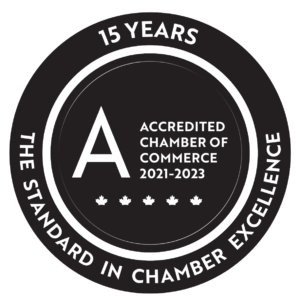May is the month that many of us in the safety industry focus on emergency preparedness, updating our local emergency plans, making sure we are prepared at work and at home for the unexpected. In light of the recent events in Napal, it would be prudent to consider emergency preparedness with respect to vacation travel. Although Mississauga is not a city prone to earthquake devastation, when we travel to other parts of the country or internationally, we could be visiting areas of much higher risk.
 Some research, planning and strategic packing could go a long way toward keeping your family safe on vacation. Before you go, conduct an Internet search to learn about hazards for the area you are planning to visit. Research how to best prepare and deal with those potential hazards on the Government of Canada website: http://www.getprepared.gc.ca which has a wealth of information on earthquakes, tsunamis, tornadoes, avalanches, etc.
Some research, planning and strategic packing could go a long way toward keeping your family safe on vacation. Before you go, conduct an Internet search to learn about hazards for the area you are planning to visit. Research how to best prepare and deal with those potential hazards on the Government of Canada website: http://www.getprepared.gc.ca which has a wealth of information on earthquakes, tsunamis, tornadoes, avalanches, etc.
Checklist: Before you leave
- Pack an emergency first-aid kit with a first aid manual, flashlight, small battery-operated radio, extra batteries, and include the Canadian embassy address and phone number.
- Familiarize yourself with emergency plans in your hotel or place of residence as soon as you arrive.
When you arrive at your destination, purchase some water bottles and healthy snacks, storing them in the rental car, or under a sturdy structure. - Pack extra supplies of critical items, such as prescription medications, in case your return is delayed by a disaster.
Invest in and use safety equipment designed for high risk activities such as high altitude skiing. - Let family and friends know your itinerary and how to reach you.
- Develop a communication and meeting location plan for everyone in your travel party.
- Register your trip with the Government of Canada at http://travel.gc.ca/travelling/registration. Registration of Canadians Abroad is a free service offered by Foreign Affairs, Trade and Development Canada that keeps you connected to Canada in case of an emergency abroad, such as an earthquake, tsunami or civil unrest.
Preparation and knowledge is the key to effective handling of any emergency situation. Be prepared at home, work and play for the unexpected.
Dianne Rende is the Executive Director of St. John Ambulance, Peel Dufferin Branch. As Canada’s leading authority in first aid, St. John Ambulance is dedicated to improving health and safety at work, at home and at play. Dianne can be reached by email at [email protected] or for more information visit www.sja.ca.




